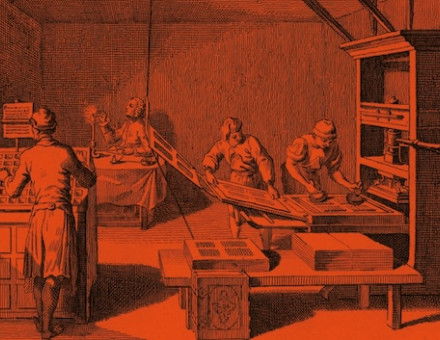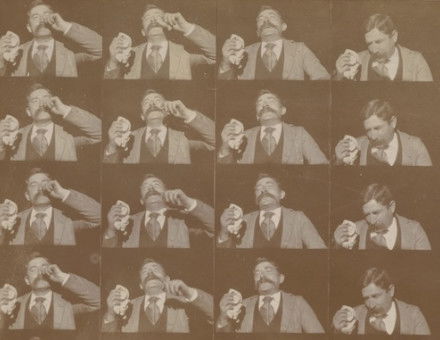Causation: The Long and the Short of It
Graham Darby looks at why things happen, and argues that short-term causes are paramount.
Since the first history essay was written students have been wrestling with the problem of identifying the relative merits of long-term and short-term causes, trying to determine which are more important and trying to make a satisfactory distinction between them. In truth, the causes of an event are all the events which preceded it, but an historian is concerned with only those that are crucial, i.e. those events without which subsequent events would have been substantially different (though that, of course, makes a supposition about what might have happened, as opposed to what did happen).
Now it seems to me that for some time long-term causes were deemed to be somehow more important, or 'fundamental', whereas short-term causes were held to be almost superfluous or occasional - certainly less important. Although this view does not now find so much favour among practising professional historians, I fear it still lingers on in textbooks and in the minds of teachers and examiners.





